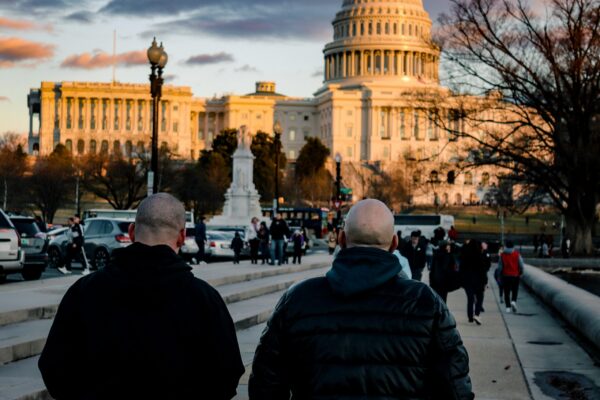
This Week in Government Technology – July 7th-14th, 2024
This week’s highlights showcase how state and local governments are leveraging AI and Geographic Information Systems (GIS) to modernize permitting systems, boosting automation, transparency, and efficiency. Honolulu’s CLARITI system and AI-powered CivCheck have reduced residential permit processing times by 70%. Virginia’s Virginia Permit Transparency platform and Pennsylvania’s PAyback platform have significantly cut processing times and expedited fee refunds. Maricopa County, Arizona, introduced a centralized, GIS-integrated Permit Center for a more user-friendly experience. Utah unveiled its Office of Artificial Intelligence Policy and an AI learning lab to enhance AI policies and support businesses. Additionally, an op-ed by Nikki Davidson reveals that public-sector employees lag behind the private sector in AI adoption, underscoring the need for robust governance and innovative AI solutions. These stories highlight AI’s transformative impact on public services and the efforts to bridge the AI adoption gap.
Modernizing Permits with AI and GIS Integration
State and local governments increasingly integrate AI and Geographic Information Systems (GIS) into their permitting systems to enhance automation, transparency, and service efficiency. In Honolulu, the Department of Planning and Permitting’s CLARITI system, combined with the new AI-powered CivCheck, has significantly reduced residential permit processing times by 70%. Virginia’s Office of Regulatory Management launched the Virginia Permit Transparency platform, allowing applicants to track their permit status in real time, which has also cut processing times by over 70%. Pennsylvania introduced PAyback, a platform to expedite fee refunds and reduce long wait times for permit processing. Maricopa County, Arizona, launched the Permit Center, consolidating various permitting systems into a central, GIS-integrated platform to provide residents with a comprehensive, user-friendly interface for managing permit applications and inspections.
Utah Launches AI Policy Office and Learning Lab
Utah has unveiled its Office of Artificial Intelligence Policy and a new AI learning lab to enhance AI policies benefiting businesses, consumers, and the government. This initiative, announced by the Utah Department of Commerce, aims to help AI companies navigate regulatory challenges while safeguarding public interests. The office, led by division director Zach Boyd, will offer “regulatory mitigation agreements” to assist businesses in overcoming outdated restrictions and collect data on generative AI usage. Additionally, the new law requires transparency when AI chatbots are used and excludes algorithm-generated data from the legal definition of personal data under state privacy laws. The learning lab will collaborate with stakeholders and experts to test policy ideas and provide legislative recommendations. Governor Spencer Cox highlighted the initiative’s potential to foster collaboration between business and government to elevate the state’s AI capabilities.
Bridging the AI Gap: Lessons from the Private Sector
In this op-ed by Nikki Davidson, a recent global survey by SAS reveals that public-sector employees are significantly behind their private-sector counterparts in understanding and utilizing generative AI. The study, which surveyed 1,600 organizations, highlights that only 36% of U.S. public employees feel confident about their AI knowledge compared to 52% in the private sector. Additionally, there’s a noticeable hesitancy in the public sector regarding synthetic data usage, a tool increasingly adopted by private industries to protect sensitive information. Furthermore, the survey indicates a lack of AI governance policies in the public sector, with only 52% having such policies versus 65% in the private sector. The findings underscore the need for government agencies to address knowledge gaps, embrace innovative AI solutions, and develop robust governance frameworks to keep pace with private-sector advancements.